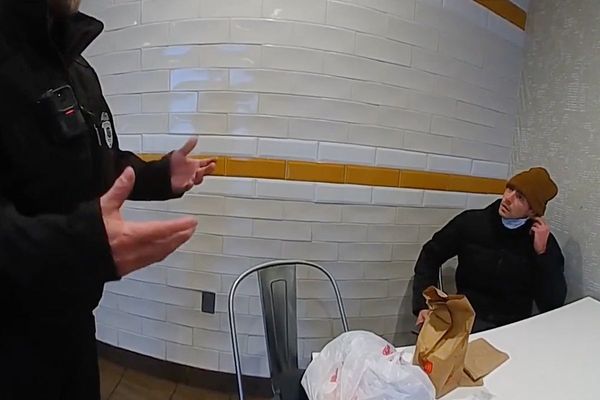
Further delays in implementing the online safety bill will endanger young people at risk of harmful social media content, Molly Russell’s father has warned.
Ian Russell said he received a phone call last week from the culture secretary, Michelle Donelan, in which she pledged to resume the bill’s progress through parliament before Christmas.
The bill, which includes provisions for protecting children from harmful content, was paused in July and is to undergo revisions to enhance protection of free speech online.
“If we wait around and chase perfection, we’re endangering young people in particular, who are exposed to harmful content,” Russell told the Guardian.
Molly Russell, 14, from Harrow, north-west London, took her own life in November 2017 after viewing extensive amounts of content, particularly on Instagram and Pinterest, related to suicide, depression, self-harm and anxiety.
Last month an inquest into Molly’s death reached a landmark conclusion that social media contributed to her death, stating that she “died from an act of self-harm while suffering from depression and the negative effects of online content”.
The bill could become law next year if the government timetable is not changed, but Russell said he wanted to see “fine words” put into action.
“The other thing I’ve learned in the last five years is it’s often you hear fine words spoken,” he said. “And actually, it can be dangerous to pin your hopes on those fine words. What you have to do is wait and see those words put into action.”

Russell said Donelan had pledged to strengthen provisions in the bill for protecting children. In its current guise, the bill imposes a duty of care to protect children from harmful content and will require that children are prevented from encountering content promoting self-harm and suicide.
Russell said it was difficult for parents to balance access to technology for their children with shielding them from harmful content, as he urged parents to keep an open dialogue with their children about what they see online.
He added that while provisions associated with free speech might be changed, it would happen “in no way that would affect children”.
Companies that breach the bill face fines of £18m or 10% of global turnover imposed by Ofcom, the communications watchdog that will oversee the legislation.
Russell added that he would like to see the scope for criminal sanctions for tech bosses in the bill widened to cover executives whose platforms continue to allow users to see harmful content. Russell said the threat of prosecution would encourage executives to push through changes in corporate culture, something he has called for at Instagram’s owner, Meta.
“One of the biggest levers that we could press to change that corporate culture is to say: Mr tech company boss, if you don’t run your company safely enough for your users, you could end up in prison,” he said.
Currently, the bill threatens tech executives with a jail term of up to two years if, for instance, they obstruct an Ofcom investigation into a platform or provide false information.
Merry Varney, who led the Russell family’s legal team at law firm Leigh Day, said content of the kind seen by Molly before her death was still available on social media platforms today.
“I fear that tragically there will be other people out there like Molly who are suffering harm because of these unsafe platforms, and there will be other bereaved families looking for answers in the unregulated and sometimes dangerous world of social media,” she said.
Russell said he supported an amendment to the bill being proposed by Beeban Kidron, a crossbench peer and prominent internet safety campaigner, that will make it easier for bereaved parents to access a deceased child’s social media history.
Russell added that Pinterest, an image-sharing platform, had demonstrated a commitment to learn from Molly’s death and make its service safer but was more sceptical about Meta. Elizabeth Lagone, head of health and wellbeing policy at Meta, had told the inquest that some of the content seen by Molly – which the Russell family’s lawyers argued encouraged suicide and self-harm – was in fact “safe” for children to see.
“It was far less apparent that Meta had those wishes in mind or those aims in mind. It seemed to me that their prime concern was, as a corporate, protecting their company, absolving themselves from blame,” he said.
After the hearing, Meta said it was “committed to ensuring that Instagram is a positive experience for everyone, particularly teenagers”.
Speaking at the Conservative party conference this month, Donelan said: “My dedicated ministerial team and I are working flat out to ensure the bill is delivered and we are strengthening the protections in place for children.”







